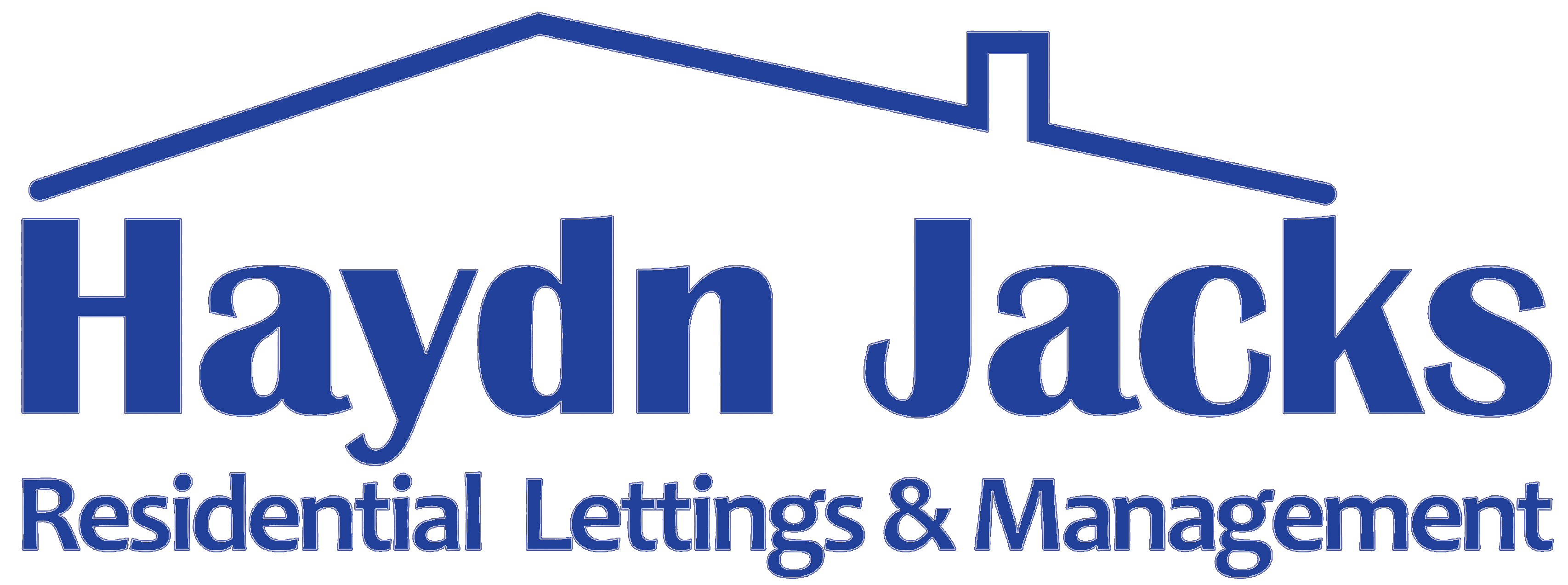As expected, the Government has introduced an amendment which will mean that most tenants will pay no more than the equivalent of five weeks worth of rent as a deposit.
Currently, the proposed cap is the equivalent of six weeks of rent.
It forms part of a range of amendments, including restrictions on when an agent or landlord can charge default fees.
Lord Bourne, the Government’s housing spokesman, has tabled a motion ahead of the latest report stage of the Tenant Fees Bill in the House of Lords next week that proposes reducing the cap to five weeks where the annual amount is under £50,000.
The cap will be at six weeks when the annual rent is over £50,000.
This confirms rumours, reported by EYE yesterday, that the Government wants to reduce the cap.
It has been portrayed as a victory by peers such as Baroness Grender who has been leading calls for the change.
Peers still have to back the amendment but as it has been put forward by the Government it is a signal that it is supported.
The Government has also issued an amendment stating that landlords and agents will only be able to charge default fees specifically to replace lost keys or for late rent.
The amendment suggests a default fee for late rent can be charged if it hasn’t been paid within 14 days of falling due.
Previously the Government had said it wouldn’t specify what a default fee could be charged for, but just that a receipt would have to be provided to justify the costs.
Landlords will still be able to claim back costs for damage through the tenancy deposit at the end of the tenancy, the Government said.
Another amendment also stops letting agents or landlords from taking more than one holding deposit from renters at a time.
Communities Secretary James Brokenshire said: “The amendments will make renting a home of your own more affordable, fairer and more transparent – enabling tenants to keep more of their cash and stopping unexpected costs.
“Everyone deserves a home to call their own. Yet for some renters, moving to a new house can be difficult due to high upfront costs and letting fees.
“This is unacceptable. I want to see a housing market that truly works for everyone, and one which provides a better deal for renters.”
Responding to the reduced cap, David Smith, policy director for the Residential Landlords Association, said “vulnerable and elderly tenants” will suffer from the U-turn.
He said: “In May, ministers argued that a cap of six weeks offered a balance between affordability benefits and financial risk to landlords and providing confidence for them to rent to higher risk tenants.
“They considered that a five week cap did not offer that protection. Nothing appears to have changed since.”
David Cox, chief executive of ARLA Propertymark, added: “Once again politicians are attacking the industry for their own purposes.
“Tenancy deposits have worked perfectly well for over a decade, and there is no basis in research that these amendments are necessary.
“This move will do nothing but push the most vulnerable in our society away from professional landlords and agents, and into the hands of rogue landlords and agents who will exploit them.”
The new deposit cap was also questioned by Jon Notley, chief executive of deposit replacement scheme Zero Deposit.
He said: “While we welcome any proposed changes to legislation that will enable tenants to move more freely, it is not sensible to impose a cap that – after a single month’s rent – leaves landlords with very little protection.
“The objective in terms of improving tenant affordability is both clear and necessary but there are already services on the market that offer the same protection as a traditional six-week deposit for the landlord at the cost of just one week’s rent to the tenant. The rental market needs reform, but not in areas where solutions already exist to address its problems.”
However, there was some backing for the move from build-to-rent developer Get Living, which scrapped deposits more than a year ago.
Its chief executive Neil Young said: “We’ve proven that a well-run business can bring about trust with residents to be able to scrap deposits completely. We made this bold step over a year ago and haven’t looked back – in doing so we’ve put £3m back into renters’ pockets.
“We manage more than 2,000 homes and so have the scale and track record to know that our residents look after their homes. On average we were withholding just a small fraction of a six-week security deposit to cover damage costs. It seems unnecessary to have potentially thousands of pounds of rent sitting untouched for years.”
https://publications.parliament.uk/pa/bills/lbill/2017-2019/0129/18129-RL.pdf
Story First Published in Property Industry Eye 05/12/18
Share This Post:
John

